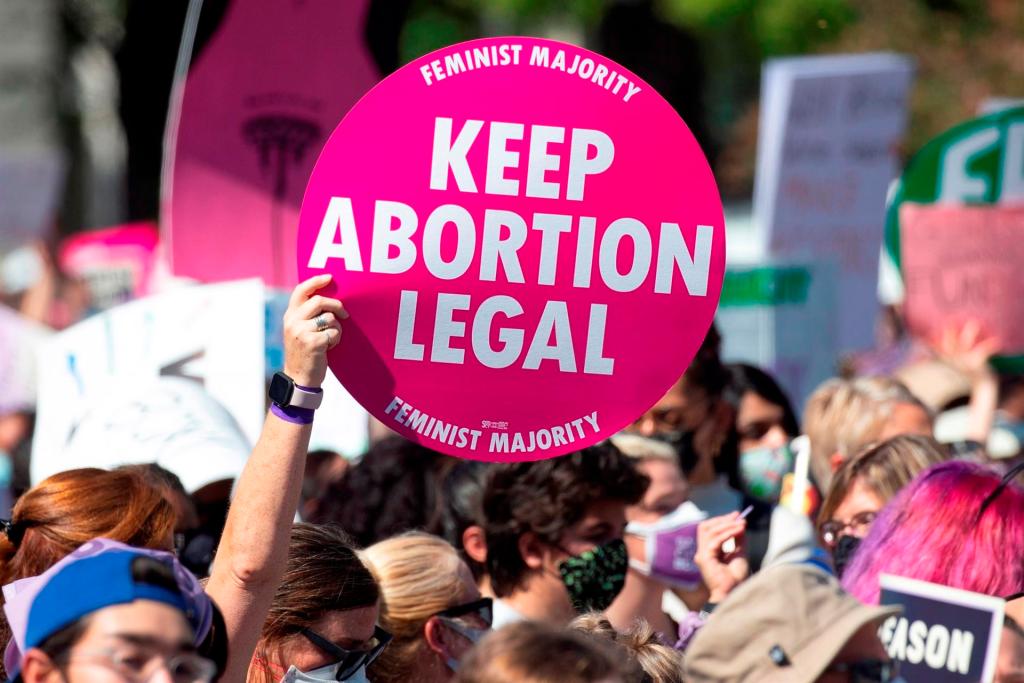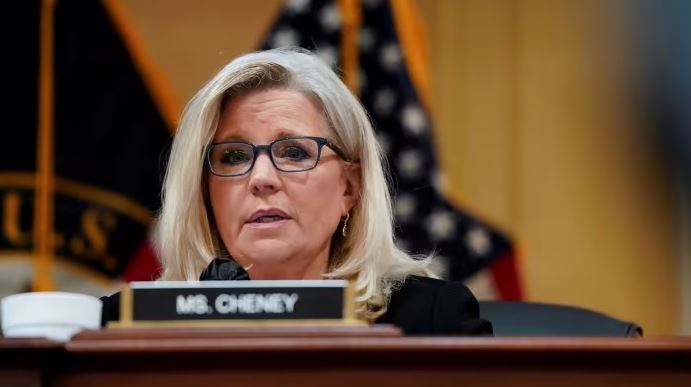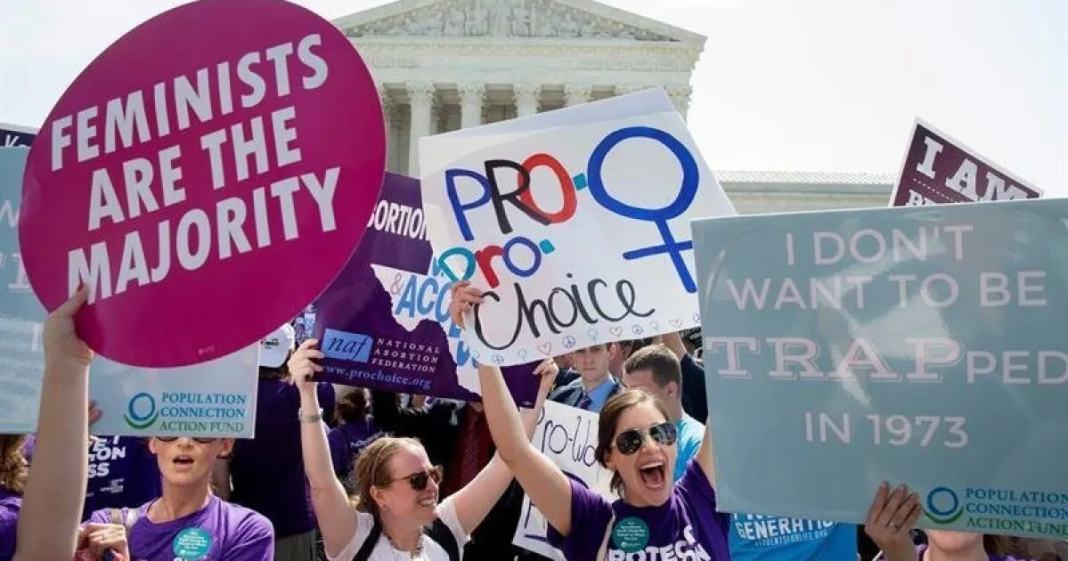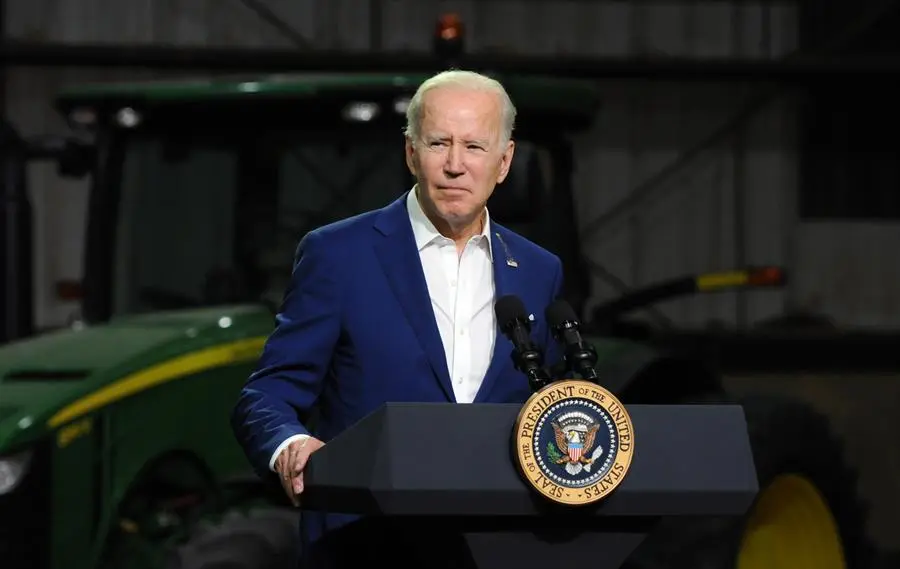The Government of President Joe Biden stressed this Monday before the Supreme Court the exceptionality of the law that practically prohibits abortion in Texas to justify its decision to sue that state for this rule, which it considers “unconstitutional.”
The Attorney General of the Executive, Elizabeth Prelogar, explained before the highest judicial instance of the country that “the situation has an additional urgency because what Texas has done has been to take a constitutional precedent established by this court and has legislated in a clear challenge to that precedent. “
Prelogar was referring to the 1973 Supreme Court ruling in the “Roe v. Wade” case that abortion was recognized as a constitutional right in the United States.
The rule of Texas, a state-controlled by Republicans, came into force in September and prohibits abortion after six weeks of gestation when in many cases women do not know they are pregnant; and it does not even contemplate exceptions in cases of incest or rape.
One of its most controversial aspects is that it leaves in the hands of individuals, and not state officials, as is usual, its application since anyone can file civil lawsuits against anyone who helps a pregnant woman to have an abortion if they believe they are violating the law. prohibition.
In the case presented by the Biden Government, the Supreme has to decide whether the federal Executive has the right to sue Texas for its veto on abortion.
Prelogar argued that the government can sue, because “there has never been a law exactly like this, no state has ever sought to challenge the supremacy of a federal law or keep the courts out of the equation at the same time.”
“In US history, no state has ever done what Texas has done,” Prelogar said at another point in his speech.
The attorney general said that Texas has designed the law in “a deliberate attempt to prevent federal courts from doing anything against a constitutional violation, no state has developed and implemented a plan like this.”
Prelogar intervened after a first session before the Supreme Court, in which a coalition of organizations and clinics that offer abortion services presented their arguments in another case on the same Texas law.
In this case, the Supreme Court, with a conservative majority, has to decide on the unprecedented mechanism for implementing the law.
After Prelogar’s intervention, it was the turn of the Texas representative, the state attorney general, Judd Stone, who assured that the US Government cannot “cure a problem” by placing the state as a “nominal defendant.”
In addition, he indicated that the federal Executive “is not a suitable complainant” , since it goes against the traditional principle of equality.
























































































